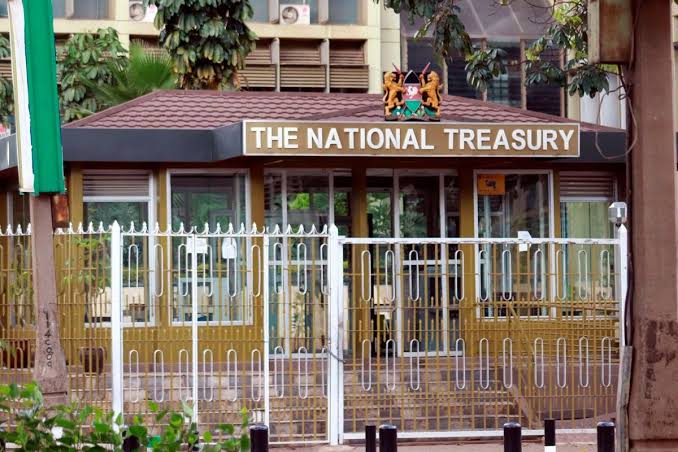As reported by Nation Africa Business, a serious error by the National Treasury exposed investors to legal and financial risks after the High Court ruled in February 2023 that Section 13(2) of the Income Tax Act was unconstitutional.
This section had allowed the Cabinet Secretary for the National Treasury to grant tax exemptions through gazette notices without involving Parliament. The court’s decision meant that all tax exemptions issued under this provision, which were estimated to be worth around Sh6 billion, became legally invalid.
This sudden change hit investors hard, especially those who had relied on these exemptions to plan and structure their financial operations.
One of the groups most affected included Japanese companies and their employees who were working on development projects in Kenya financed by the Japanese government. These projects had been running since 2007 with clear tax exemption agreements in place. With the court ruling, the Kenya Revenue Authority could now claim taxes from these companies, even though they had been operating under legally issued exemptions.

Photo: National Treasury and Economic Planning CS John Mbadi.
The move created panic and uncertainty in the investment sector, as companies feared being hit with huge backdated tax bills.
The High Court’s decision was based on Article 210 of the Kenyan Constitution, which says only Parliament has the authority to create or change tax laws. The ruling stated that the Treasury’s method of using gazette notices bypassed the lawmaking process and was therefore unconstitutional.
This ruling created a legal grey area that affected not just the Japanese entities, but also other investors who had benefited from similar exemptions. With no clarity on whether the government would enforce the backdated tax claims or offer a solution, many investors were left in limbo.
This uncertainty continued until December 30, 2024, when the Court of Appeal overturned the earlier ruling and reinstated Section 13(2) as constitutional. The court found that the Cabinet Secretary had the legal power to issue exemptions under existing law. This restored the validity of the tax waivers and offered relief to the investors who had been at risk. Still, the nearly two-year period of confusion had already caused reputational and financial damage to Kenya’s investment climate.
The case has sparked renewed calls for reforms in how Kenya grants tax incentives. Many experts now argue that the process should be more transparent, more grounded in law, and less dependent on administrative actions that can be overturned in court.
Investors are also being advised to ensure the legal basis of any tax relief they receive, as similar uncertainties could arise in the future. While the Sh6 billion exemptions were eventually upheld, the incident has left a lasting reminder of how fragile legal protections can be when tax policy is not properly managed.



